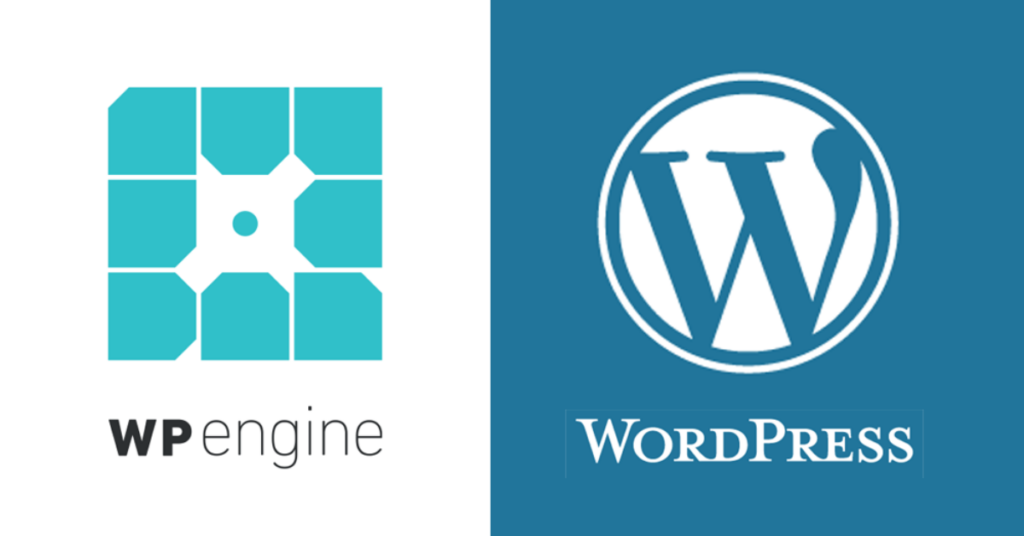
The escalating feud between WordPress and WP Engine has raised concerns about the future of WordPress as an open-source platform. WordPress, which powers over 40% of websites globally, is at a crossroads due to a legal battle between Matt Mullenweg, the founder of WordPress and CEO of Automattic, and WP Engine, a popular web hosting service specifically designed for WordPress websites.
Key Issues:
Banning WP Engine: WordPress has blocked WP Engine from accessing its plug-ins, themes, and features, which has disrupted over 1.5 million websites. This conflict could lead to further disruptions, as WP Engine accounts for a large share of WordPress users.
Trademark Disputes: Mullenweg has accused WP Engine of misleading customers by using “WP” in its branding, causing confusion with WordPress. WordPress Foundation, which owns the WordPress trademark, has filed additional trademarks, including “Managed WordPress” and “Hosted WordPress,” which could affect third-party hosting providers using the name.
Allegations of Misconduct: Mullenweg has criticized WP Engine for disabling key WordPress features like revisions to save storage costs, which he argues compromises WordPress’s core principle of data protection. WP Engine, on the other hand, has accused Automattic of overreaching and violating the open-source principles of WordPress.
Impact on the Internet:
Developer Concerns: Many developers are worried about relying on third-party services that may be cut off from WordPress.org resources. This could fragment the ecosystem, especially with Automattic’s control over both the commercial and open-source aspects of WordPress.
Risk to Open Source: The conflict highlights governance issues within WordPress, especially regarding the boundaries between the non-profit WordPress Foundation and the for-profit Automattic. WP Engine has sued WordPress, claiming Mullenweg’s actions threaten the trust and openness of the platform.
Broader Hosting Market: Other web hosting providers that offer WordPress-based services are now concerned about their ability to use the WordPress brand. If restrictions tighten, this could lead to fewer hosting options for WordPress users, hurting the platform’s decentralized nature.
Future Outlook:
The outcome of this feud will have long-lasting consequences for the WordPress ecosystem. If unresolved, it could destabilize the platform, fragment the developer community, and push users toward alternative website-building platforms. With over 40% of websites depending on WordPress, any instability in the platform’s governance could impact the broader internet ecosystem.